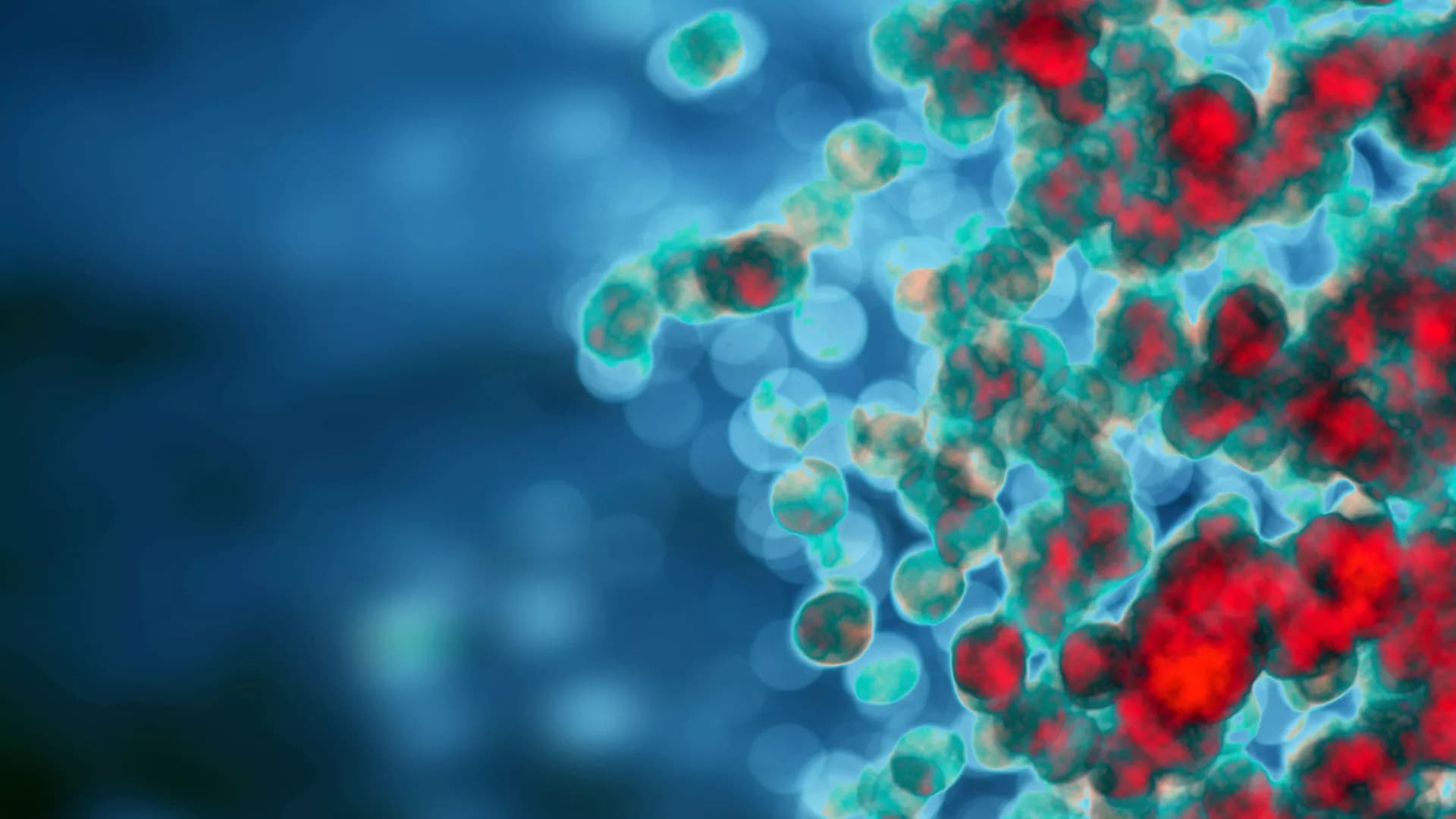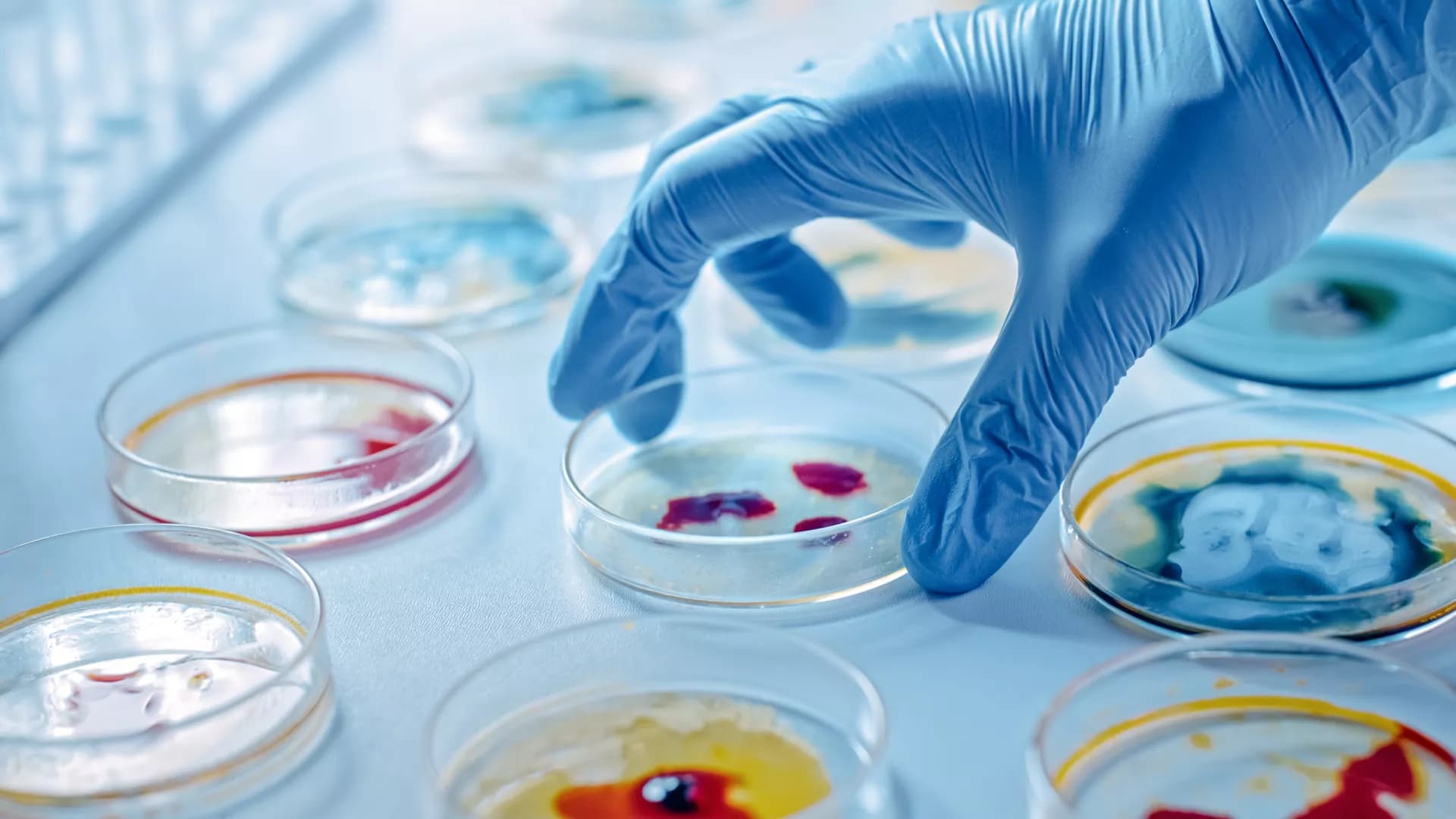Over millions of years, evolution has shaped immune responses to respond to a myriad of signals derived from microorganisms, whose interactions with the host range from mutualistic to parasitic. The complexity of these interactions is reflected in the multiple molecular and cellular mechanisms employed by the immune response to preserve host homeostasis.
Mast cells appeared almost 500 million years ago in urochordates and are now part of the immune system of all vertebrates. Mast cells are hematopoietic cells that preferentially reside in peripheral tissues, including skin and mucosa, where the first contact with microorganisms occurs. Furthermore, they exhibit the unique ability to mount a rapid inflammatory response after activation by a vast array of signals, including those derived from microorganisms or their products. Although the study of mast cells has been more focused on the pathophysiology of allergic reactions, mounting evidence indicates their importance in the dynamic crosstalk between the immune system and microorganisms.
Mast cells are characterized as crucial elements in the immune response to a wide variety of pathogens including nematodes, bacteria, viruses, protozoa, and fungi. To this end, mast cells employ different strategies to recognize and respond to infection. This response is usually related to the induction of inflammation and the deployment of effector functions that contribute to infection control. However, excessive or uncontrolled mast cell responses to pathogens can be associated with tissue damage. Furthermore, the interaction of resident microbiota with mast cells has been recently been investigated, revealing a new level of interaction between mast cells and microorganisms that is of homeostatic relevance.
The goal of this Research Topic is to provide an updated and comprehensive overview of the strategies employed by mast cells to respond to signals of microorganisms and how this response contributes to host-microorganism interplay. A better understanding of the roles of mast cells could contribute to the design of novel therapeutic strategies to either prevent or combat infectious diseases.
We welcome authors to submit Original Research, Review, and Mini Review articles, covering, but not limited to, the following topics:
1. Molecular mechanisms of mast cell-microorganism interactions.
2. Evasion mechanisms of microorganisms to subvert mast cell responses.
3. Regulation mast cell maturation and function by the endogenous microbiota.
4. Role of mast cells in the resolution or chronification of infectious diseases.
5. Role of arthropods vectors in mast cell-pathogen interactions.
6. Mast cells as therapeutic targets to combat infections.
We acknowledge the initiation and support of this Research Topic by the International Union of Immunological Societies (IUIS). We hereby state publicly that the IUIS has had no editorial input in articles included in this Research Topic, thus ensuring that all aspects of this Research Topic are evaluated objectively, unbiased by any specific policy or opinion of the IUIS.
Over millions of years, evolution has shaped immune responses to respond to a myriad of signals derived from microorganisms, whose interactions with the host range from mutualistic to parasitic. The complexity of these interactions is reflected in the multiple molecular and cellular mechanisms employed by the immune response to preserve host homeostasis.
Mast cells appeared almost 500 million years ago in urochordates and are now part of the immune system of all vertebrates. Mast cells are hematopoietic cells that preferentially reside in peripheral tissues, including skin and mucosa, where the first contact with microorganisms occurs. Furthermore, they exhibit the unique ability to mount a rapid inflammatory response after activation by a vast array of signals, including those derived from microorganisms or their products. Although the study of mast cells has been more focused on the pathophysiology of allergic reactions, mounting evidence indicates their importance in the dynamic crosstalk between the immune system and microorganisms.
Mast cells are characterized as crucial elements in the immune response to a wide variety of pathogens including nematodes, bacteria, viruses, protozoa, and fungi. To this end, mast cells employ different strategies to recognize and respond to infection. This response is usually related to the induction of inflammation and the deployment of effector functions that contribute to infection control. However, excessive or uncontrolled mast cell responses to pathogens can be associated with tissue damage. Furthermore, the interaction of resident microbiota with mast cells has been recently been investigated, revealing a new level of interaction between mast cells and microorganisms that is of homeostatic relevance.
The goal of this Research Topic is to provide an updated and comprehensive overview of the strategies employed by mast cells to respond to signals of microorganisms and how this response contributes to host-microorganism interplay. A better understanding of the roles of mast cells could contribute to the design of novel therapeutic strategies to either prevent or combat infectious diseases.
We welcome authors to submit Original Research, Review, and Mini Review articles, covering, but not limited to, the following topics:
1. Molecular mechanisms of mast cell-microorganism interactions.
2. Evasion mechanisms of microorganisms to subvert mast cell responses.
3. Regulation mast cell maturation and function by the endogenous microbiota.
4. Role of mast cells in the resolution or chronification of infectious diseases.
5. Role of arthropods vectors in mast cell-pathogen interactions.
6. Mast cells as therapeutic targets to combat infections.
We acknowledge the initiation and support of this Research Topic by the International Union of Immunological Societies (IUIS). We hereby state publicly that the IUIS has had no editorial input in articles included in this Research Topic, thus ensuring that all aspects of this Research Topic are evaluated objectively, unbiased by any specific policy or opinion of the IUIS.








